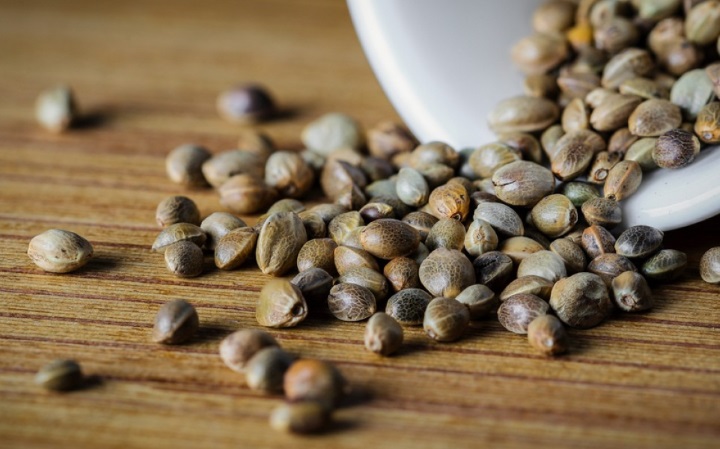Image Citation: gevaaalik.com
According to Marketing Daily, the up-and-coming CBD market is expected to grow into a global, 2.1 billion dollar industry by the year 2020. Many consumers who tout the various health benefits of CBD products are partially responsible for the aggressive market expansion. With the CBD market currently blossoming, many industrious companies are seeking out seed sources to make sure their supply meets demand.
Until recently, hemp farmers in the U.S. were forced to outsource hemp seed imported from Europe and Canada in order to fulfill the demand for CBD-rich hemp plants. The importing of these seeds came with a myriad of problems due to the U.S. government’s past propensity to lean toward anti-hemp dialogue against this potential cash crop. In 2018, seed-supplying U.S. hemp farmers were preparing to satisfy many top hemp-producing companies request for high quality, organic hemp seed.
In 2018, Congress agreed on the final draft version of the federal Farm Bill, which was then signed into legislation by President Donald Trump. Although the legislation is provisional, the Farm Bill effectively legalized industrial and medicinal hemp plants that contain very low amounts of the psychoactive compound THC.
Non-psychoactive components of the hemp plant (i.e., CBD) in hemp-derived products were also legalized due to the signing of the Farm Bill. This federal legalization of hemp has opened a number of doors for U.S. hemp farmers to acquire their seed source from American hemp seed suppliers, giving rise to a new offshoot market for seed-supplying companies.










